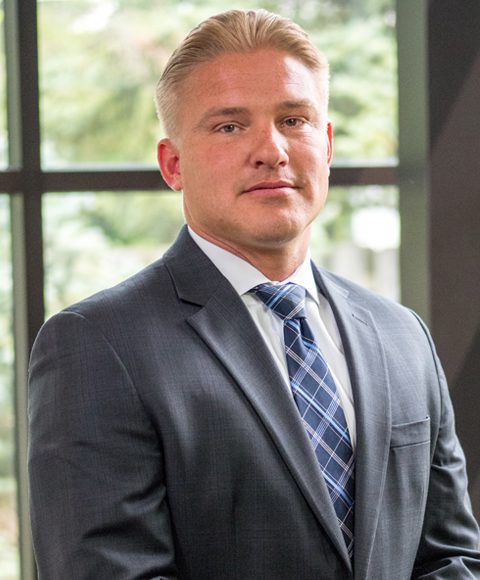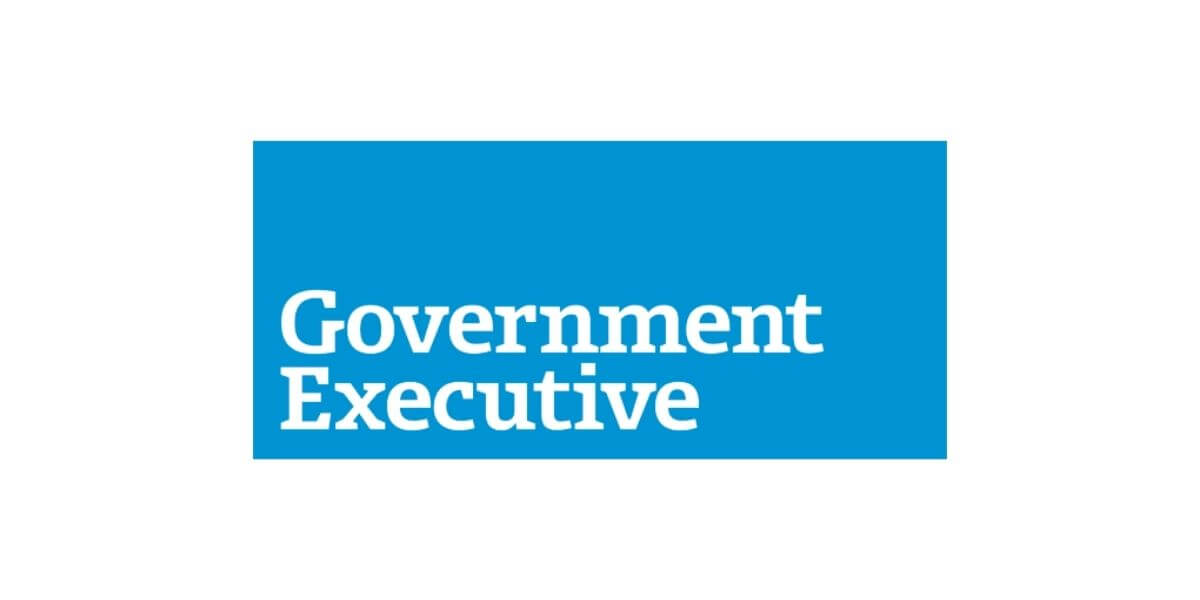AUSTIN, TX (Stars & Stripes) — A Fort Bliss soldier was already under criminal investigation when he called a Russian Embassy to share the weaknesses of the U.S. Army’s tanks in exchange for Russian citizenship and a job in the country’s defense operations.
Federal court records for the espionage charges filed against Spc. Taylor Adam Lee, 22, last week did not describe what previous criminal behavior he was accused of or what agency was investigating him. However, Lee disclosed during the FBI’s espionage investigation that his U.S. passport had been taken from him.
The soldier, who enlisted in 2021, now faces charges of attempting to transmit national defense information to a foreign adversary and exporting controlled technical data without a license, according to the U.S. Attorney’s Office for the Western District of Texas.
He was arrested and charged days after delivering a computer he had taken from a tank at Fort Bliss to a storage facility in El Paso. Federal Magistrate Judge Laura Enriquez ordered Monday that Lee remain in jail without bail after prosecutors argued he was a flight risk with a criminal history.
An attorney for Lee declined to comment on the charges against him.
Army Criminal Investigation Division said Friday it has an ongoing investigation into Lee that is separate from the espionage case underway with the FBI and Army Counterintelligence Command. CID did not state when they began to track Lee and if it was their investigation that exposed his phone calls to the Russian Embassy.
The Army declined to comment on whether it was aware of that first investigation, which should have triggered a review of his top-secret security clearance.
“The way the process is supposed to work is everybody should be enrolled in continuous evaluation and continuous monitoring,” said Anthony Kuhn, an Army veteran turned attorney who now specializes in security clearance cases. “Depending on what the criminal investigation is about, and the information contained or uncovered during that investigation, the individual should have been notified that they’re the subject of a criminal investigation and been asked questions about whatever information surfaced.”
The soldier’s unit or the Defense Department can initiate that review, he said.
That first investigation began in October 2024 — nine months after he received a top-secret security clearance to attend school to reclassify from a tank crew member to explosive ordnance disposal, according to court documents. He failed out of EOD school in May 2024 after just two days and returned to Fort Bliss where he was assigned to Bravo Company, 4th Battalion, 70th Armor Regiment within the 1st Armored Division.
Phone records obtained in that investigation showed Lee made three phone calls in May 2025 to phone numbers for the Russian Embassy in Washington, according to court documents.
“To subpoena his phone records and get those records, usually you’re facing a security clearance revocation when that happens,” Kuhn said. “I don’t know if he was in the process, but he certainly should have been.”
The FBI in May opened its investigation to “better understand the purpose of Lee’s outreach to the Russian Embassy,” according to court documents. The FBI declined to comment whether its agents were already involved in the investigation or they were brought in by another agency.





